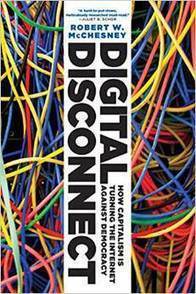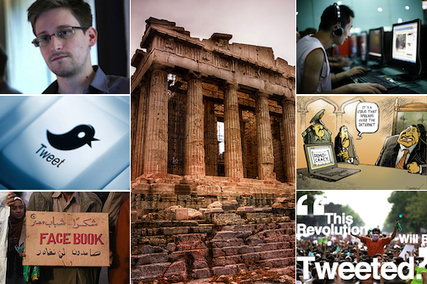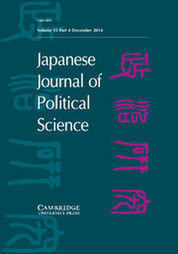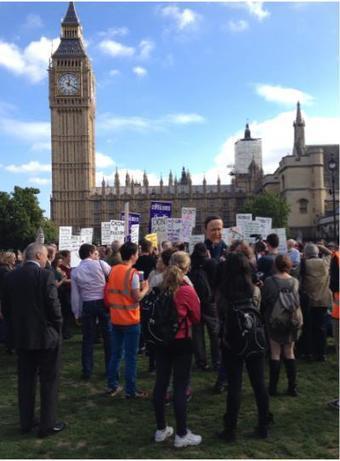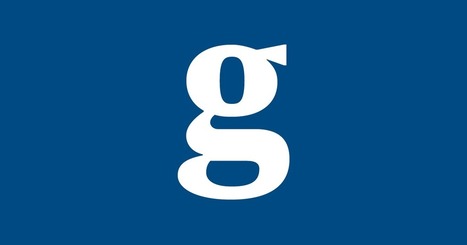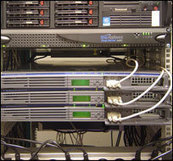a review of Robert W. McChesney, Digital Disconnect: How Capitalism Is Turning the Internet Against Democracy (The New Press, 2014) by Richard Hill ~ Many of us have noticed that much of the news ...
Get Started for FREE
Sign up with Facebook Sign up with X
I don't have a Facebook or a X account
 Your new post is loading... Your new post is loading...

Monica S Mcfeeters's curator insight,
February 22, 2014 11:19 AM
This is a question we all need to give some thought too.. 
Mlik Sahib's curator insight,
February 22, 2014 11:46 PM
"The good news is that it can. The bad news is that for citizenship to be simultaneouly widespread and valuable, the political sphere must claw back much of the authority that it has lost to the economic sphere; first at the time of the Enclosures and, more recently, after the 2008 debacle. None of that ‘clawing back’ will result automatically from our splendid connectivity through Twitter, Facebook and various other Apps and Internet resources. They may give us voice but they will not grant us isegoria. To create isegoria, and thus to empower citizens broadly, our ‘connected’ social economy must not only allow rulers and citizens to communicate but should also feature multiple networks enabling consumers, labourers and innovators to form units of production which create and distribute value in a participatory manner; in a manner such that no one employs anyone and everyone contributes labour and ideas while being rewarded according to contribution but also need. Of course this requires nothing short of a revolution in the foundations of capitalist production. It will not happen through idle chatter in the social media. If it happens, it will occur as the Internet undermines the currently dominant corporate model which relies on the segregation between non-labouring shareholders and labouring non-owners. Only when the capitalist type of firm loses its ‘evolutionary fitness,’ due to technological Internet-based innovations, and gives its place to a new type of participatory production model, will the political and the economic sphere become integrated again in a manner consistent with democratic principles. Then e’democracy may be born as our e’Demos reclaims control of the economic sphere." |
|




